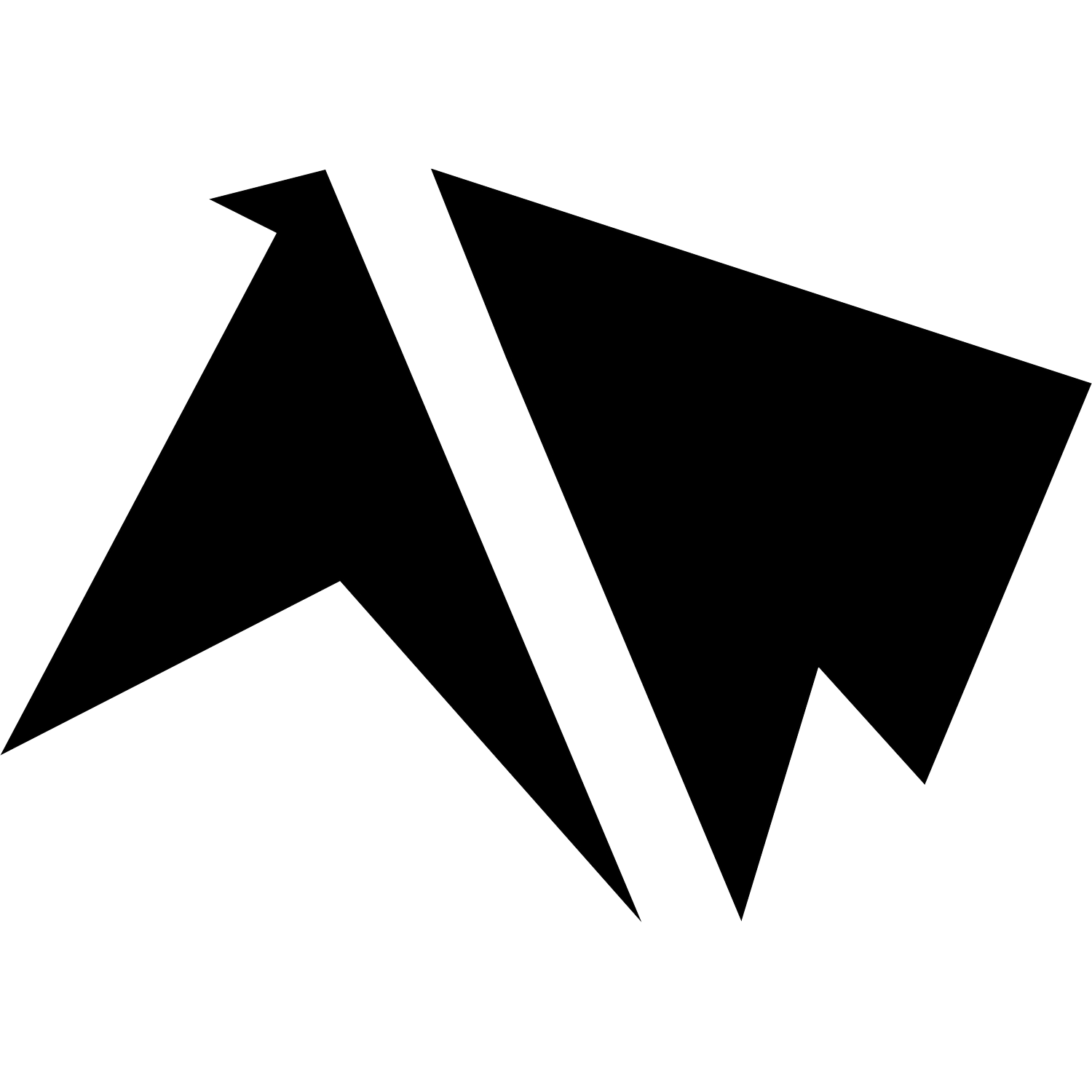RECITAL PREVIEW | JOHN WELSH
On Tuesday I met up with John Welsh (Grad '13) in the music studios lobby to find out some information abou his upcoming recital. A composition graduate student and guitar player, Welsh has been studying with Anthony Braxton and other professors here for the past two years. His concert will take place on Thursday at 7pm in Beckham Hall. Read the interview after the jump.
AW: Can you give us a sense of what we'll be hearing on Thursday?
Welsh: Yeah, sure. It's gonna be one big movement of music that's made up of a bunch of different pieces. Three pieces for solo instrumentation, and two played by a reed trio. It will be stylistically a range of a lot of different things. The solo pieces that we'll be doing are more, more, abstract in the sound world that they're dealing with.
There's going to be a solo clarinet piece that will be very active and jumping between registers and very not traditionally melodic. There will be a solo guitar piece that deals with the strings being tuned to micro-tonal intervals - they're tuned to partials of the overtone series of the low D string on the guitar. That piece is more pointilistic [http://en.wikipedia.org/wiki/Pointillism#Music] in some ways, but it deals with harmonies and pitches that are outside of the 12 tone, equal tempered scale. And then, the piano piece involves me being inside the piano, getting harmonics on the strings, and again dealing with micro-tonal, just intonation, kind of things. Then, there will be my bastardized take on a piano sonata, and the two pieces for the reed trio - that music is inspired by medieval and renaissance harmonies. So yeah, it'll be lots of different sounding kinds of music, all coming from a small instrumentation and a small group of instruments on stage.
AW: You play guitar, right? So you'll be performing that one and the harmonics piece on the piano. Will the other musicians mostly be other grad students here?
Welsh: Yeah
Sam Friedman '13: [walks into studios] Oh, good, we're all here.
Welsh: Sam will be playing. He is not a grad student, despite what..
Sam: Tyshawn thought I was a grad student when I was a freshman...
[laughs]
Sam: I was in the studios downstairs, and I didn't really know who he was, and he was like 'Oh, hey, nice to meet you. I'm Tyshawn. You're a grad student here?' and I was like ' no man'
[laughs]
Welsh: [joking] So you are a grad student here…? Yeah, so it’s going to be Nathan Friedman on Clarinet, Jasmine Lovell Smith on soprano saxophone and Sean Sonderegger on tenor, who are all graduate students. And then myself, and Sam who is not a graduate student.
AW: Yet…
Are you going to be playing on Sam’s thesis?
Welsh: I am. It’s a give and take kind of thing.
AW: What was your favorite thing that you’ve heard or learned or experienced at Wesleyan? A concert, a piece of information…
Welsh: My first semester here, was the first semester that Alvin [Lucier] wasn’t here, and they had the big festival for him. I ended up meeting Christian Wolff, and he ended up using my guitar at the concert. I got to hear these round table discussions with Christian, Anthony Braxton, Gordon Mumma, Pauline Oliveros, Robert Ashley, all these people [AW note: wikipedia/youtube them]. And that was amazing. It was my first semester, and I was like, what’s this gonna be all about? And it’s like, totally awesome people come here and hang out, and we hang out for the weekend, and do awesome stuff, this is great.
AW: Last question: what are you listening to right now, or what have you been wanting to listen to, if you haven’t had time?
Welsh: I’ve been listening almost exclusively to late medieval and renaissance vocal music, exclusively. I can namedrop some cats if you want me to…
AW: Yeah, yeah. Name drop the cats.
Welsh: [laughs] The big famous medieval composer is Guillaume de Machaut. He has tons of music, all of which is pretty much amazing. There are two little areas of activity that I’m really interested in. One is called the Ars Subtilior, which is this really extreme version of what medieval music was that happened at the end of the 14th century in France. And some of the composers that were involved in that were, he has just one name, Solage. And there’s Johannes Ciconia. It’s kind of this specific little thing that happened at the end of the 1300s in France. It’s avante-garde medieval music. It’s really insane. And then there’s a similar thing that happened at the end of the 1500’s and into the 1600’s in Italy. Really chromatic, crazy music. And, Carlo Gesualdo is one of the most famous composers of that school. Just an insane person to learn about. Without going off on too much of a tangent, there sometimes called the Mannerist Schools. Late medieval, renaissance mannerist music. Sam likes it…
Sam: I LOVE it. Let’s play harmonica later.
Welsh: Yeah. What?
Sam: I was talking to Isaac.
AW: [pats empty pockets] Shit, I don't have mine. Let’s do it tonight.
Sam: You failed the test. Always have your harmonica.
Welsh: The first rule of playing harmonica, is always have your harmonica.
Um, yeah, so I've been nerding out on these two little weird things that happened in Europe. I never really learned about that stuff in music history class. And it’s unbelievable music. It’s just crazy. It’s the craziest shit ever.
AW: Cool, that sounds great. Thanks so much, see you on Thursday.
Welsh: Great, yeah, thanks.





